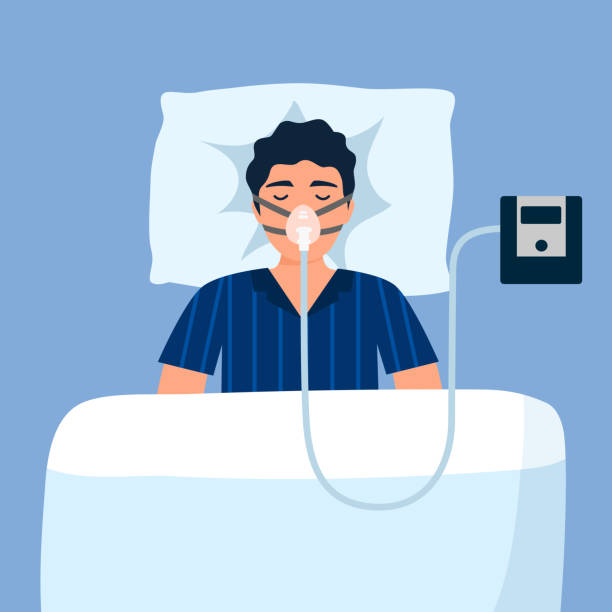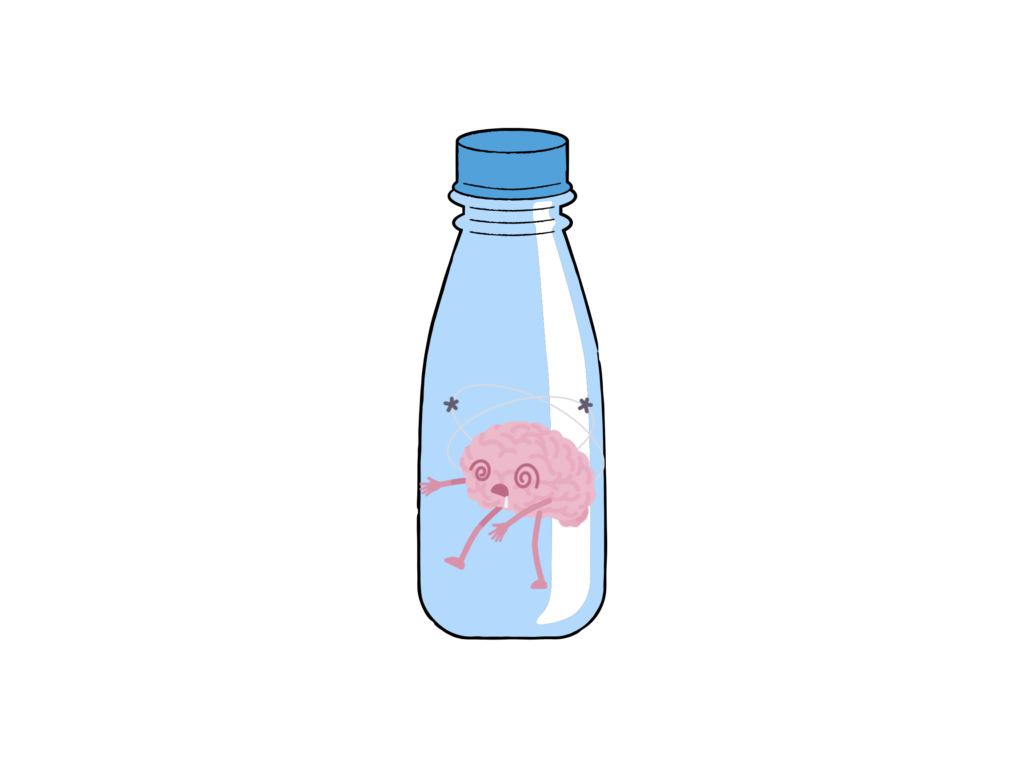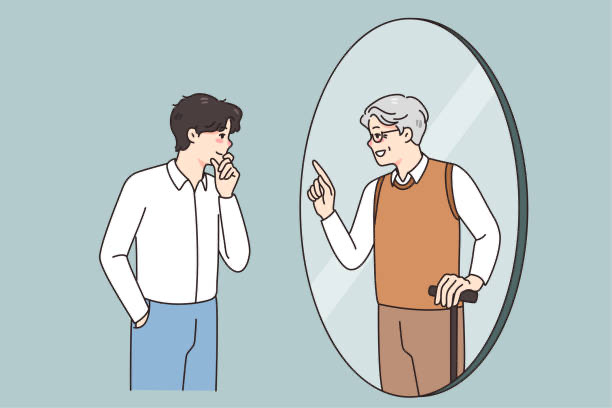𝐆𝐞𝐭𝐭𝐢𝐧𝐠 𝐭𝐡𝐞 𝐬𝐡𝐢𝐧𝐠𝐥𝐞𝐬 𝐯𝐚𝐜𝐜𝐢𝐧𝐞 𝐦𝐚𝐲 𝐫𝐞𝐝𝐮𝐜𝐞 𝐲𝐨𝐮𝐫 𝐫𝐢𝐬𝐤 𝐨𝐟 𝐝𝐞𝐦𝐞𝐧𝐭𝐢𝐚
Shingles occurs in about 1 million Americans each year. Approximately one in three people experience it at some point during their life, more commonly after the age of 50. Shingles occurs when the chickenpox virus that has been asleep in the nerve cells in the body for decades “wakes up”. It is generally expressed as […]
𝐆𝐞𝐭𝐭𝐢𝐧𝐠 𝐭𝐡𝐞 𝐬𝐡𝐢𝐧𝐠𝐥𝐞𝐬 𝐯𝐚𝐜𝐜𝐢𝐧𝐞 𝐦𝐚𝐲 𝐫𝐞𝐝𝐮𝐜𝐞 𝐲𝐨𝐮𝐫 𝐫𝐢𝐬𝐤 𝐨𝐟 𝐝𝐞𝐦𝐞𝐧𝐭𝐢𝐚 Read More »








